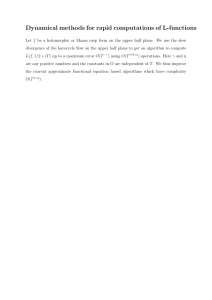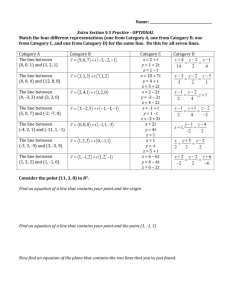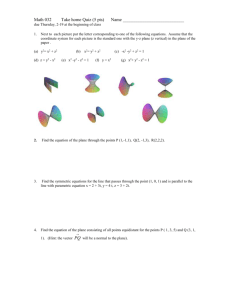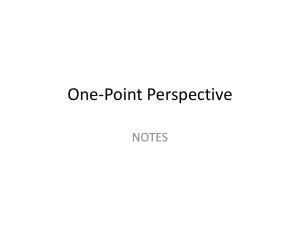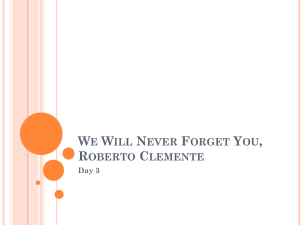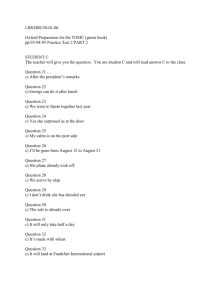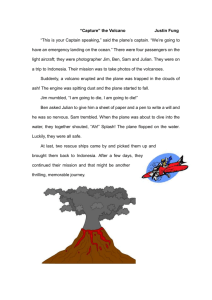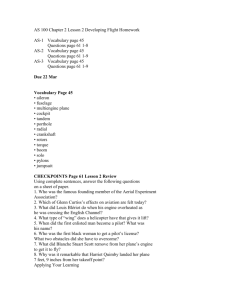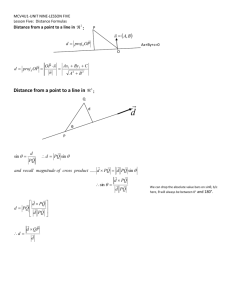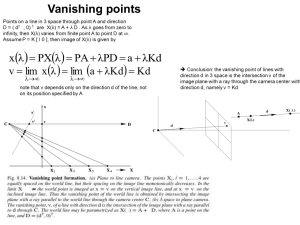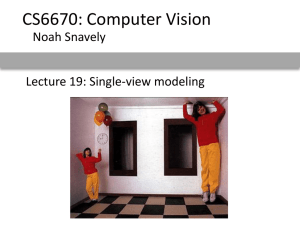Linear Perspective - Art
advertisement
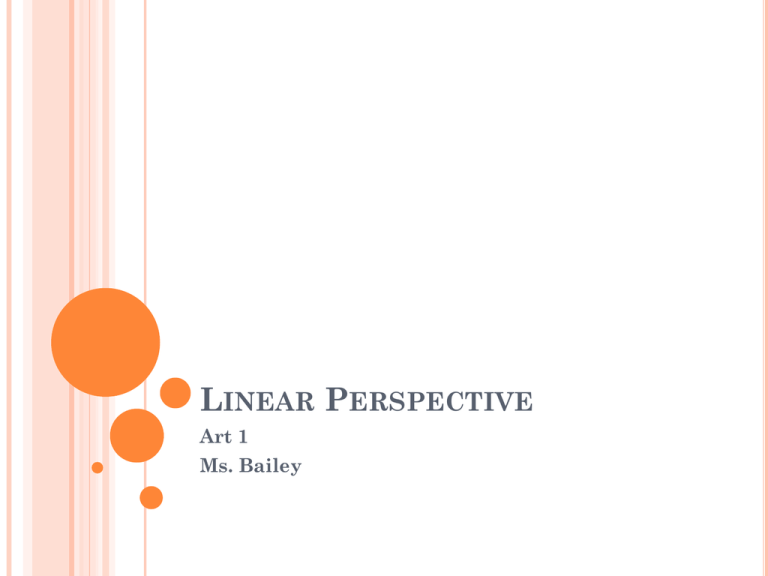
LINEAR PERSPECTIVE Art 1 Ms. Bailey Gentile da Fabriano, Adoration of the Magi, altarpiece, 1423 Robert Campin, The Merode Altarpiece, The Annunciation, triptych, c. 1425-1430 Perugino, Christ Delivering the Keys of the Kingdom to Saint Peter, 1481-1483 Raphael, The School of Athens, 1510-1511 2 MAIN TYPES OF PERSPECTIVE Empirical Perspective Linear Perspective relies on observation, not a set of rules Uses angles, intersection points, plumb lines, and visual measurement (1:1 Ratio) Uses a scientific method as a set of rules to draw forms in a realistic 3D way on a 2D surface (your paper) (what we used for the still life drawings) Illustrations of the picture plane or your 2D piece of paper Linear Perspective is attributed to Filippo Brunelleschi, an Italian Early Renaissance artist. The use of Perspective began c. 1450 CE Artists began to see the picture plane as a transparent window through which the observer looks to see the constructed pictorial world. “rationalization of sight” Look “through” a picture in to the painted “world” Trompe l’oeil = “trick of the eye” the eye is tricked into believing that a painting is real, how realistic something looks ONE POINT PERSPECTIVE Used to draw and create forms with planes that are parallel to the picture plane and viewer The front plane of the object is closest to you TWO POINT PERSPECTIVE Used to draw and create forms without planes parallel to the picture plane and viewer The edge is the closest to you COMPARE: One Point Perspective Height= verticals Width= horizontals Depth= convergent lines 2 Point Perspective Height= verticals Width= convergent lines Depth= convergent lines One Point Perspective Two Point Perspective TYPES OF LINEAR PERSPECTIVE One Point Perspective Two Point Perspective DEVELOPMENT OF PERSPECTIVE EARLY RENAISSANCE C. 1450 CE Before (Gothic): After (Renaissance): Homework: Find two pictures that show 1&2 point perspective. Tape it to a larger sheet of paper & using a ruler locate the Horizon Line, Vanishing Points, and at least 12 lines going to the vanishing points.
